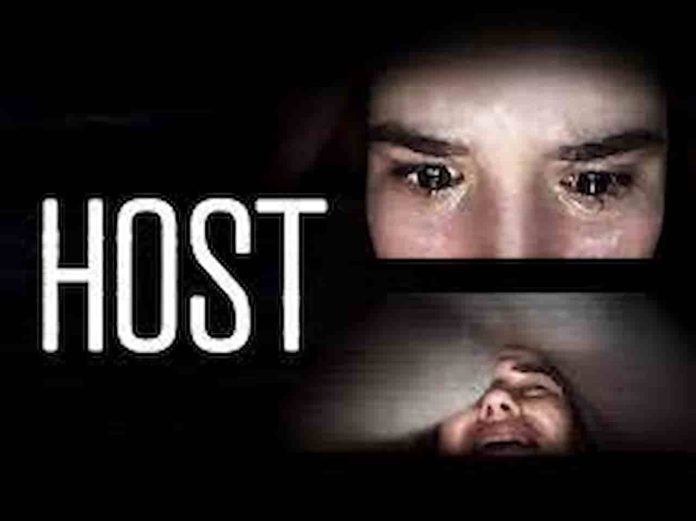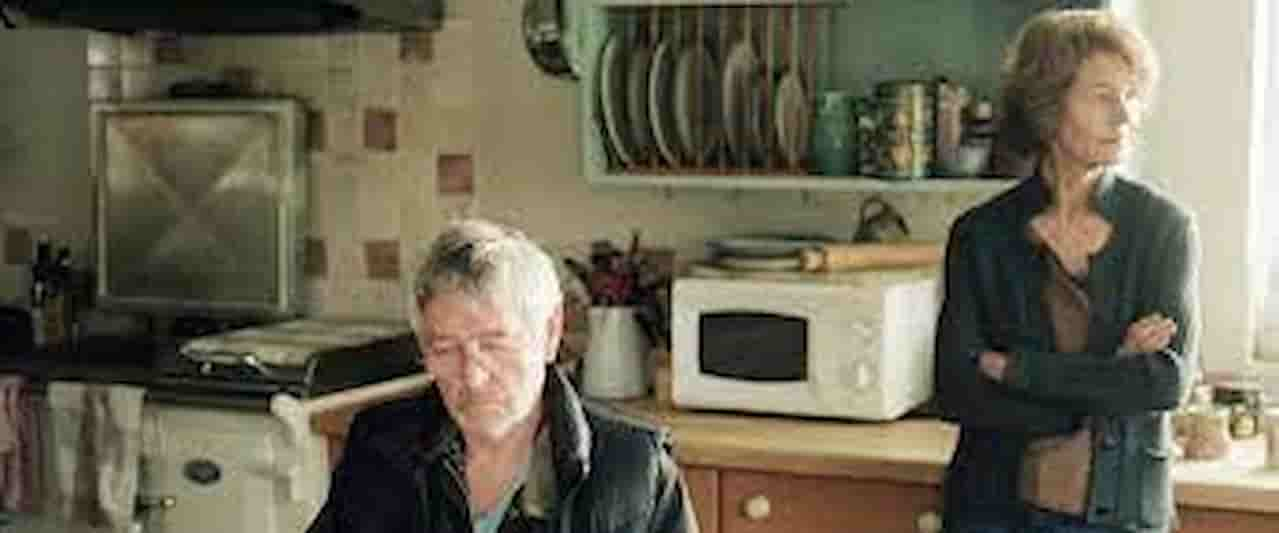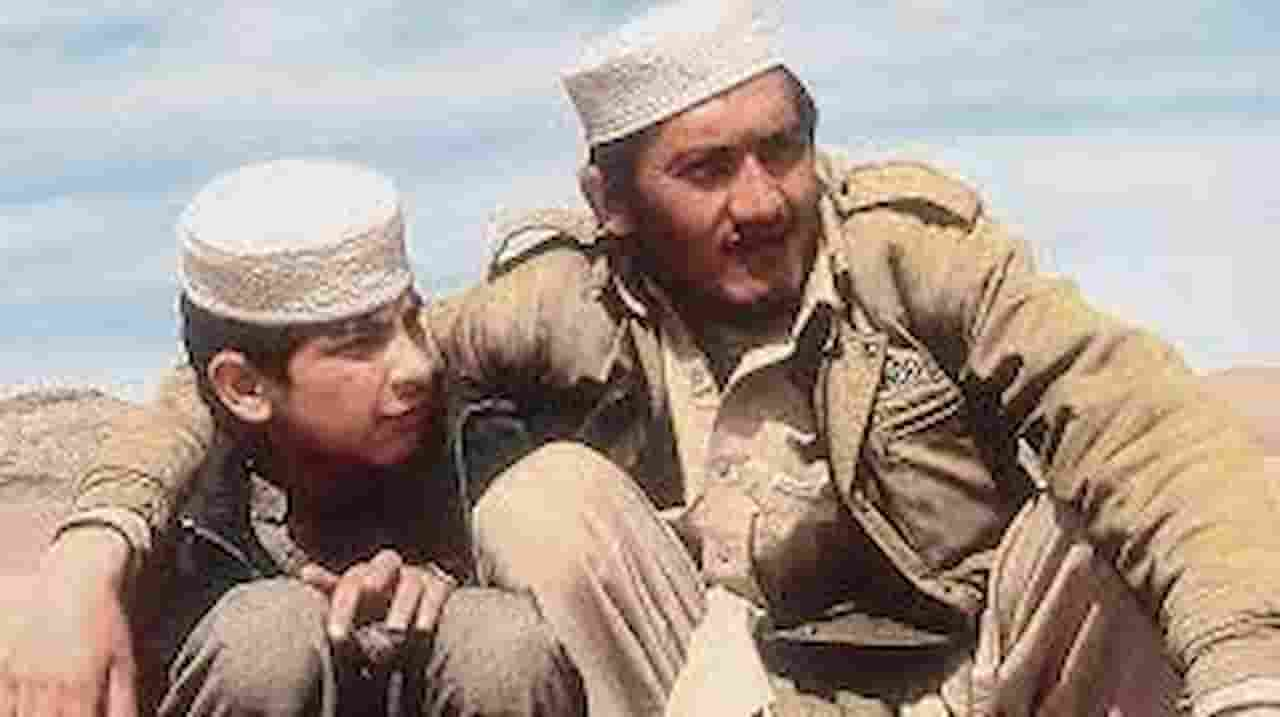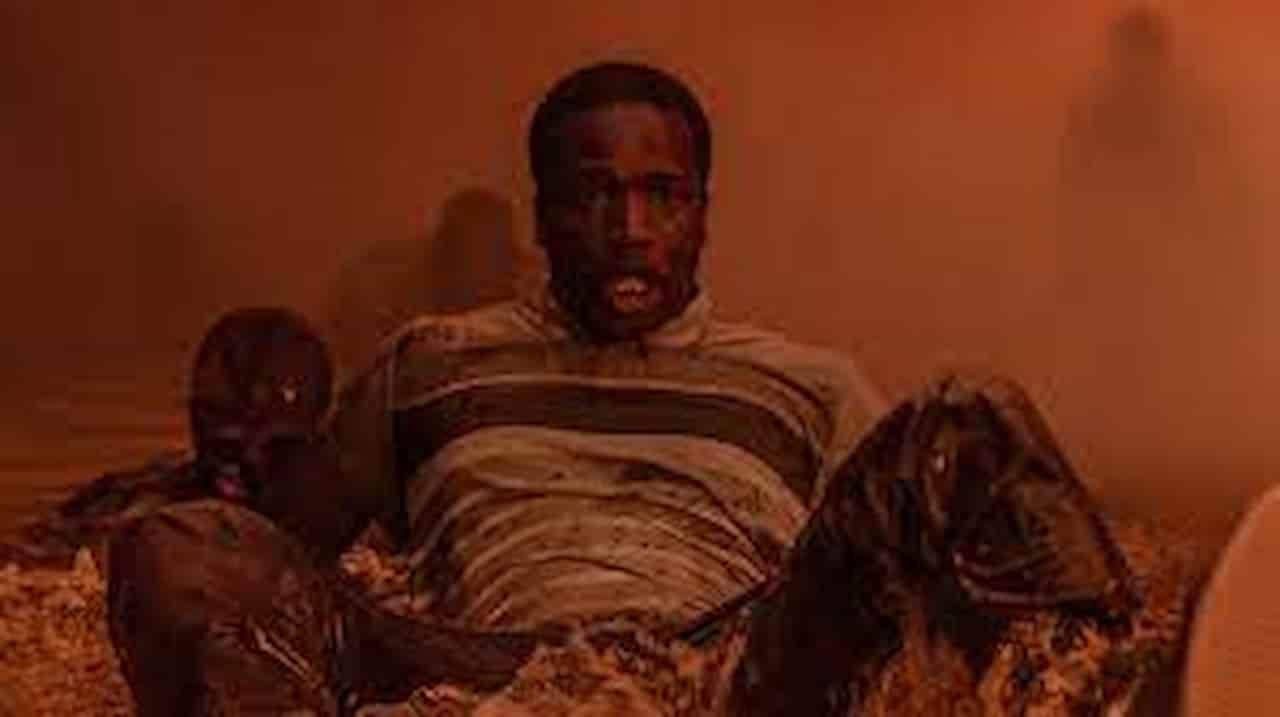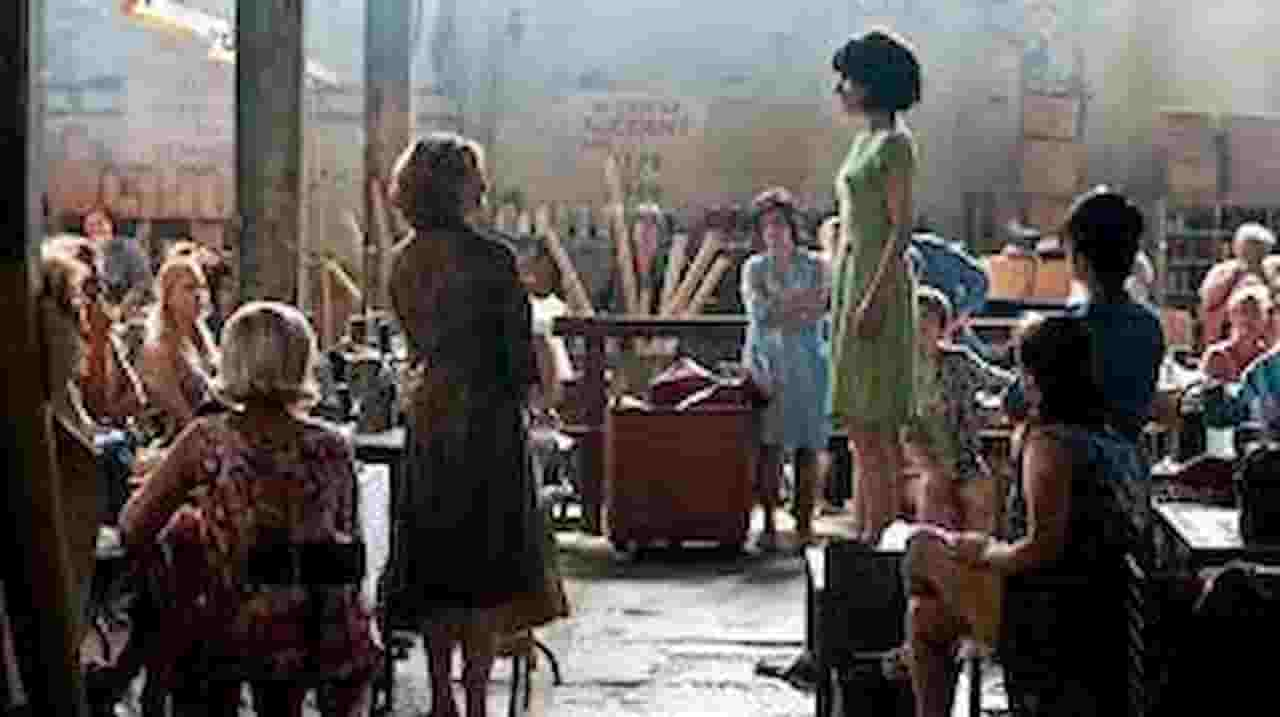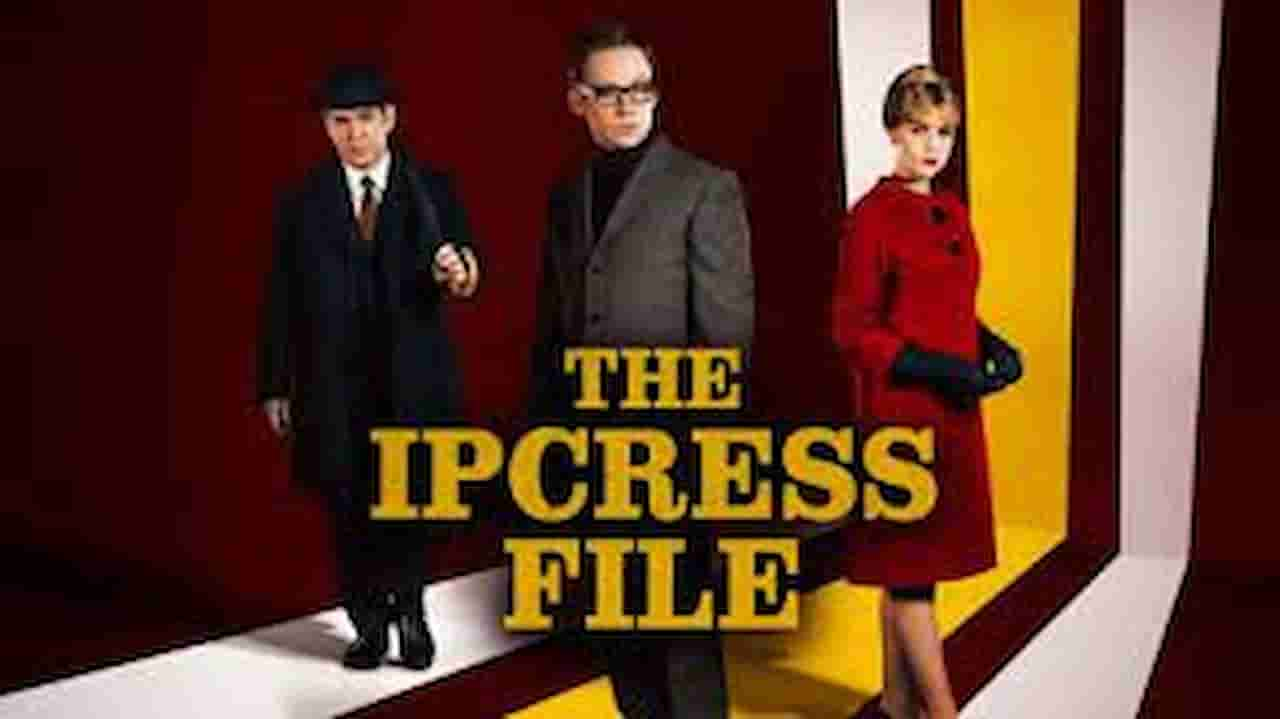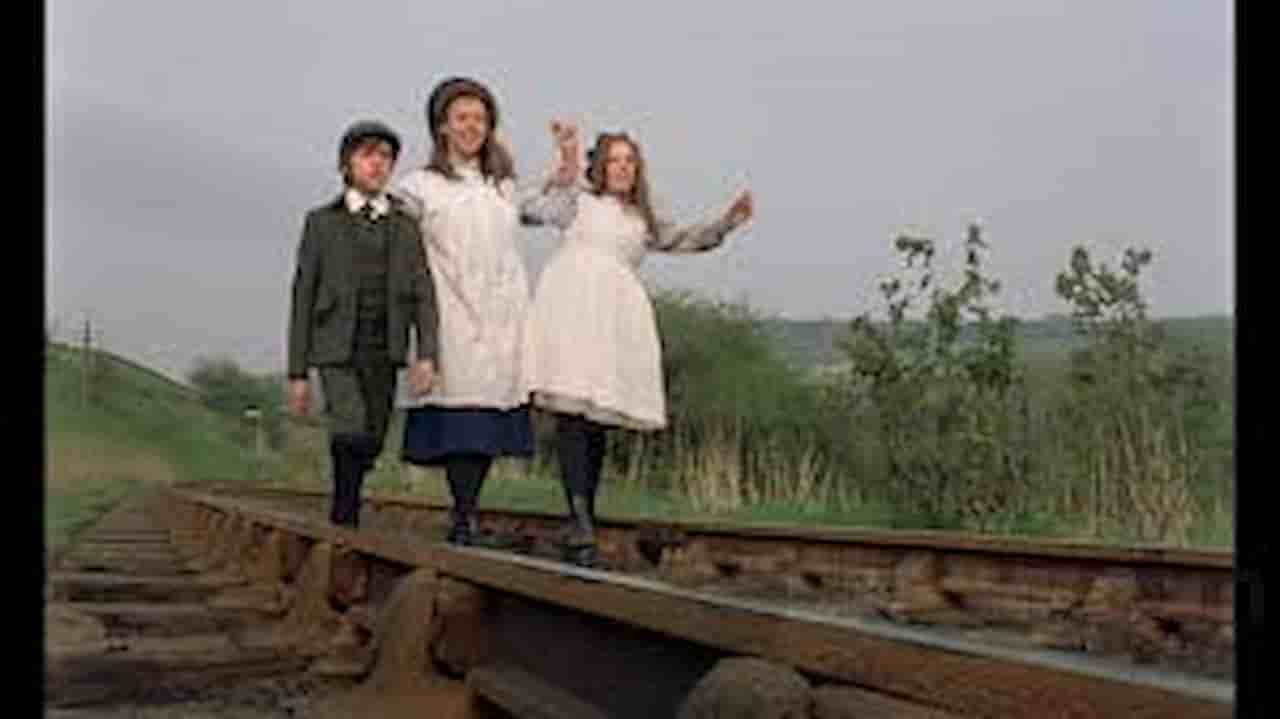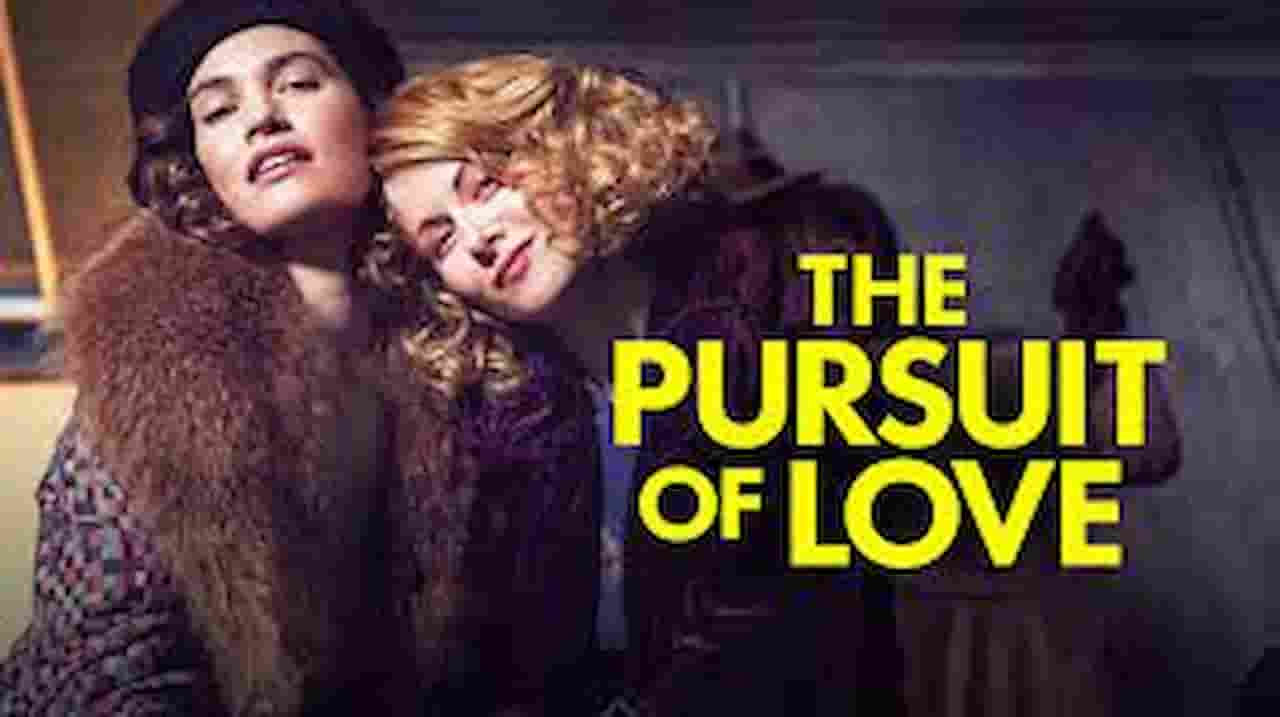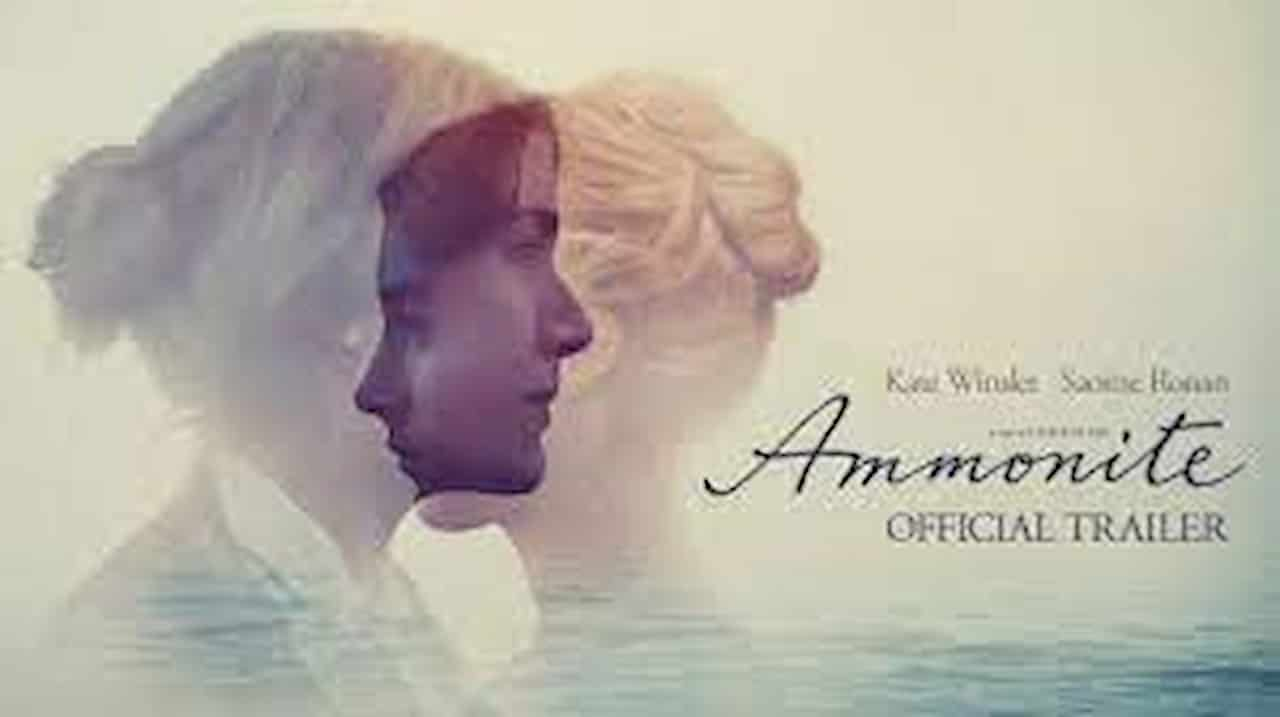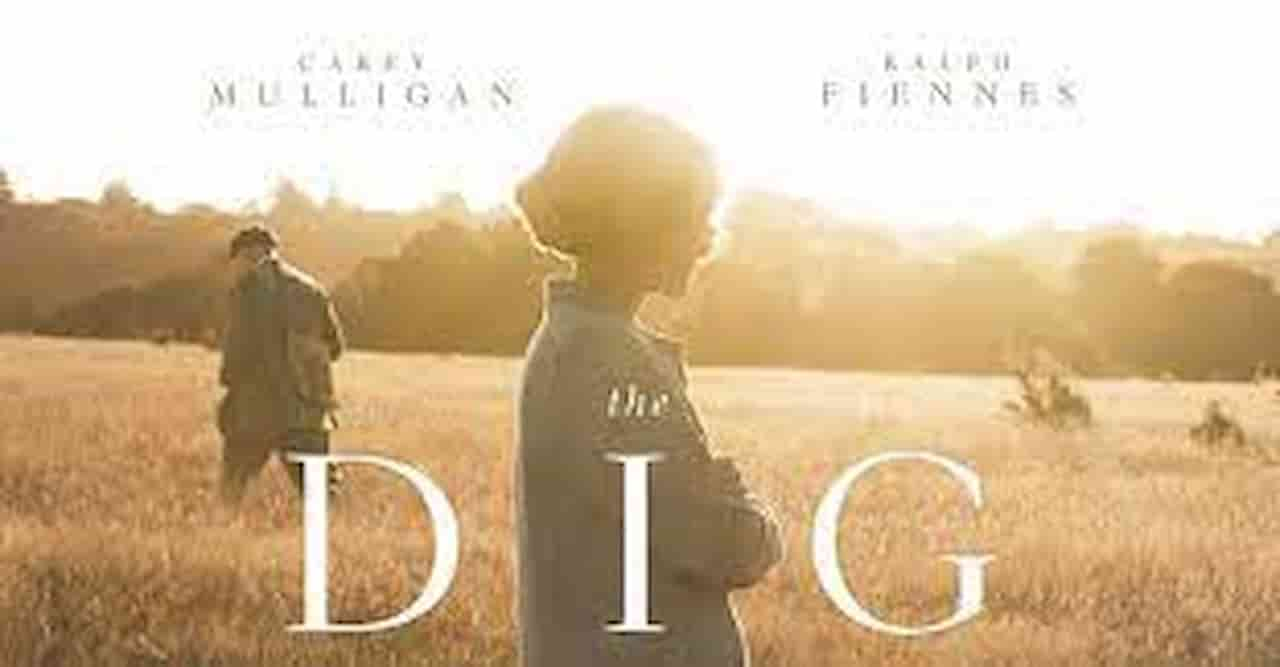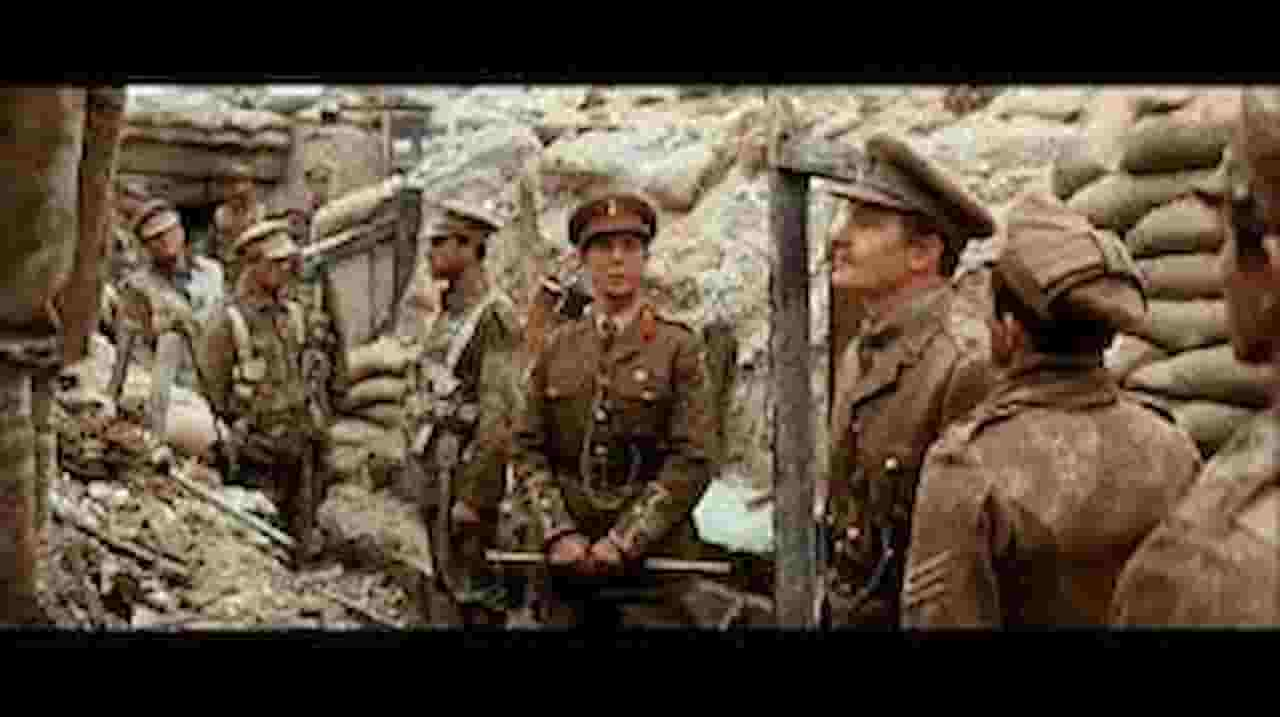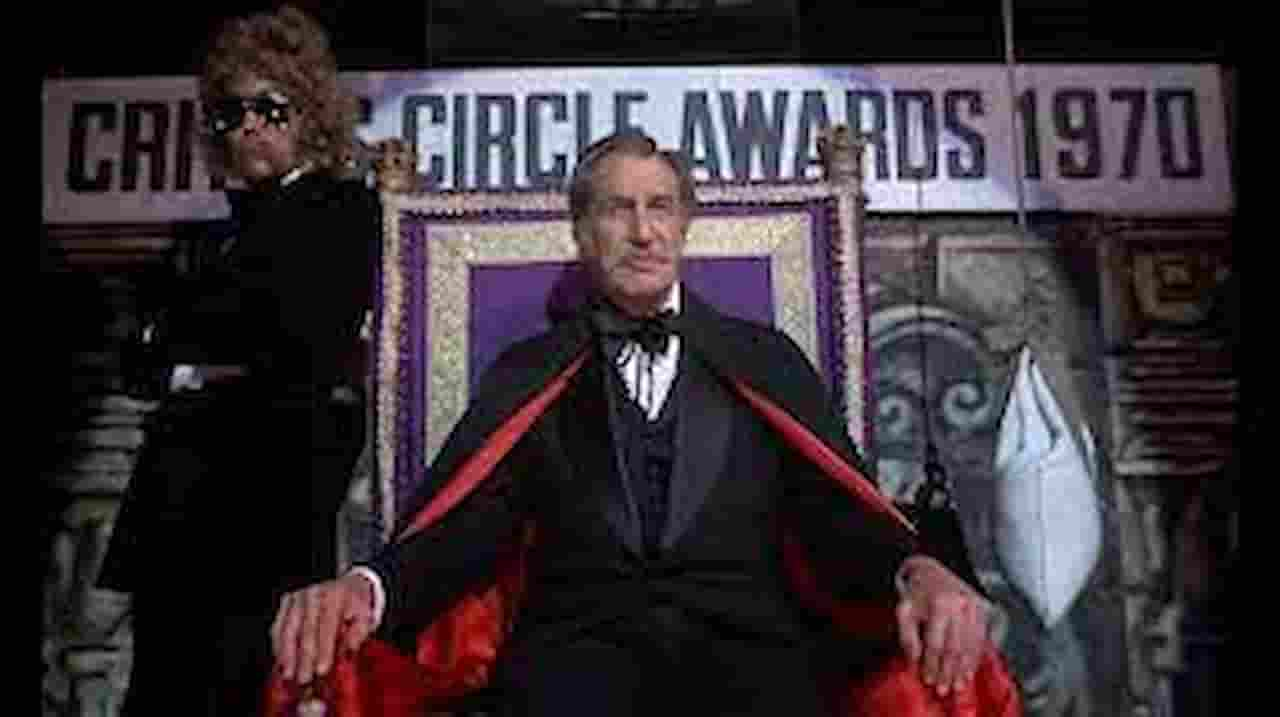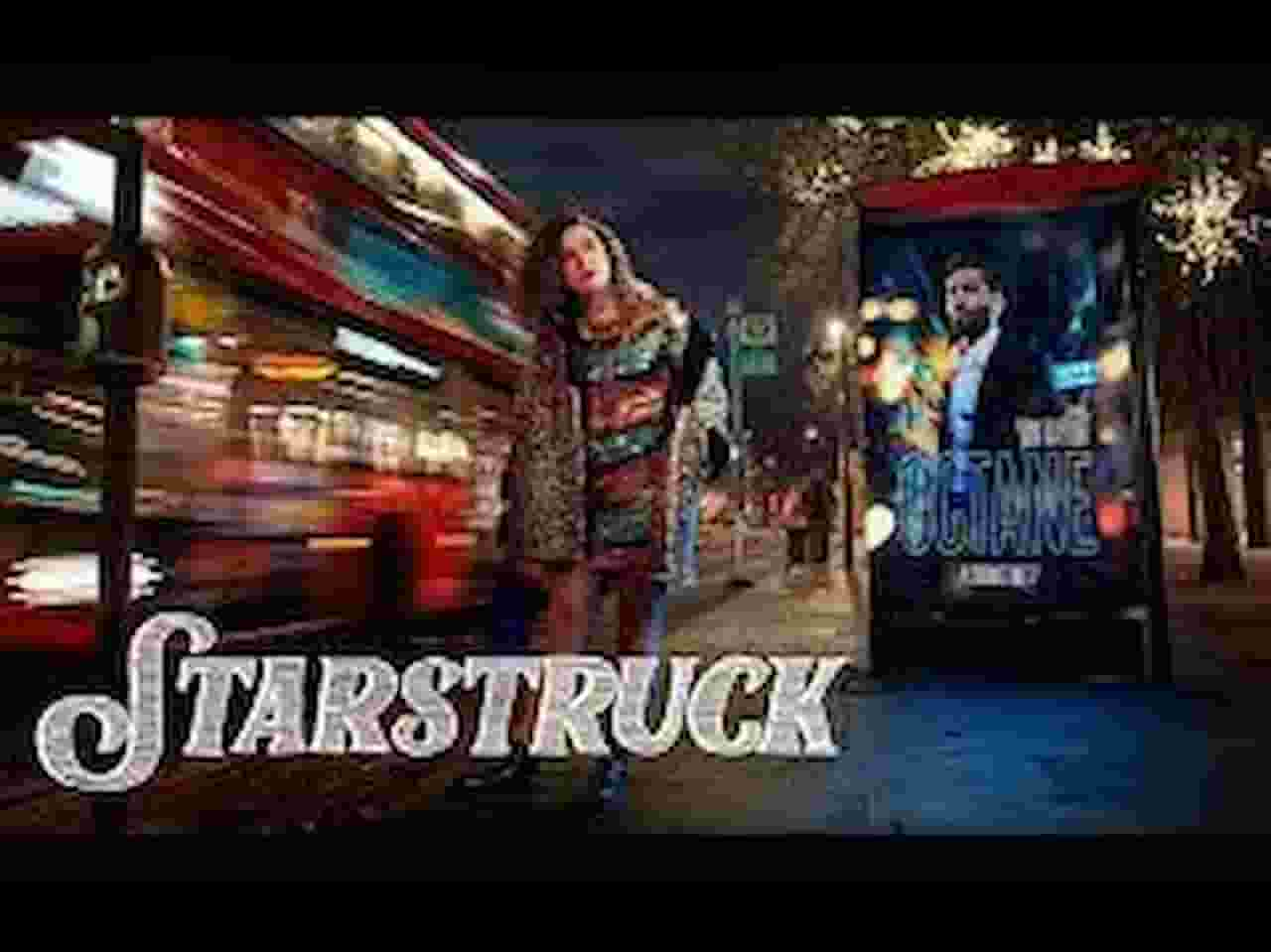Here Are The 18 Finest British Movies You Can Watch Right Now:
The stars in British movies are known for being very good. People all over the world love British movies for their unique sense of fun and style, whether they are big hits or small, independent gems.
British film has changed a lot in the last five years. Funding sources have been cut since the global slump, which may explain the increase in the number of co-productions on this list.
It’s hard to pinpoint a specific theme or trend, yet there appears to be a move away from more familiar and colorful formulas toward something a little more creative. This shift is still clear in some cases and can be observed in the increasingly realistic but stylistically out-of-date set design of many of the films on this list.
You wouldn’t believe how much Hollywood and other big film companies have taken from British movies, sometimes without even realizing it. British directors have shown they can make comedies, plays, war movies, and scary movies. The greatest British movies can be anything, competing with the best movies from around the world.
Love Wedding Repeat:
Dean Craig directed the sweet romance comedy “Love Wedding Repeat.” A wedding day gone wrong is given a humorous twist in the movie as Jack deals with unexpected problems to make sure his sister’s big day works smoothly.
The story takes place in a bunch of different possible scenarios, involving random meetings, lost sedatives, and a strange ensemble cast that includes Olivia Munn as well as Freida Pinto.
Each road looks at how love and fate can change at any time, making for a charming and funny story that keeps people thinking. Another intriguing and entertaining film, “Love Wedding Repeat,” explores the possibility of romance unfolding amidst a wedding celebration.
45 Years:
Two big names in British film acting work together for the very first time, and it’s a surprise how well they get along in this two-hander set in Norfolk. Charlotte Rampling got her first Oscar nomination for her role as Kate Mercer, one half of a long-married couple who are getting close to a big event.
At this very important time, she discovers the long-hidden secrets of her husband, Geoff, which may have been concealed in the closet or, in this case, the attic. Tensions rise, soul-searching is painful, and a picture of marriage’s fall problems is painted by director Andrew Haigh with great subtlety as well as sensitivity.
In This World:
The first of three movies on this list by the very productive Michael Winterbottom, “In This World,” is the finest instance of the director’s desire to use movies as a way to look at current events from a different angle.
News stories and movie reviews discussed the films “Welcome to Sarajevo,” “Road to Guantanamo,” and “A Mighty Heart.” Being able to cast two Afghan refugees within Pakistan and then take them on a trip through Iran, Turkey, and Europe with a small team filming on digital cameras is an impressive task that Winterbottom pulled off.
There were a lot of news stories about immigration as well as political unrest in Afghanistan at the time. This gave the news a different angle and made the often terrible facts of being a refugee clear.
It’s A Sin:
Russell T. Davies, who made Queer as Folk, made the very moving five-part series It’s a Sin, which you can watch on HBO Max. The show is set in 1980s London and follows five friends: Ritchie, Jill, Ash, Roscoe, and Colin. They lived together for ten years during the AIDS epidemic in the UK.
Davies has created a beautiful tribute to the people who perished during the outbreak, with many of their stories lost to history. The show’s power comes from its amazing cast, who give wonderful, real, unique characters humanity, joy, and honesty.
His House:
When it comes to horror movies, the best ones aren’t just a bunch of jump scares. Several are character studies; others delve into deeper themes or deal with tough social problems; and some are able to move you in more than one way.
All of these things happen at the same time in Remi Weekes’s first movie, His House. His House is both a drama and a creepy ghost house story. Bol and Rial, two asylum seekers from South Sudan, face immediate immersion into a harsh world of racism and red tape upon their arrival in the UK.
When sounds hit the walls, Bol’s fear and anxiety grow along with ours. As the movie goes on, though, and Jo Willems’s clever photography starts to hint at what happened in the past, does the real horror of His House become clear?
Made In Dagenham:
Made in Dagenham is based on the real-life 1968 strike by women sewing machinists at Ford’s Dagenham plant. It was directed by Nigel Cole as well as written by William Ivory. The Equal Pay Act of 1970 came about because of what the movie shows.
When Rita O’Grady calls for her coworkers to go on strike for fair pay, managers laugh it off at first. The machinists’ strike causes a shutdown of production and the plant until the demands are met. Cars on the production line are waiting for interior trim when the strike starts.
The movie also shows the other side of the strike: how hard it is for O’Grady’s husband and coworkers during the strike, and how angry they are about it. Because the story was socially aware, it might have been possible for this to be a darker look at what happened in Dagenham in 1968.
But this movie is brighter and more romantic, alongside classic Ford Escorts as well as Cortinas and a production that looks great. Before this movie, Cole directed the hugely successful Calendar Girls, which might target a similar audience. Made in Dagenham is a fun movie with a lot of well-known British actors.
As previously mentioned, the film fearlessly portrays the division of loyalties among people during the strike, but those seeking a more realistic examination of social issues may want to explore other options. Similar to Calendar Girls as well as Billy Elliot, a well-liked play based on the movie opened in 2014.
Rebecca:
In Ben Wheatley’s 2020 version of “Rebecca,” a young bride played by Lily James comes to Manderley, the grand estate of her rich bachelor husband. In that place, she meets the ghost of his initial spouse, Rebecca, whose presence casts a gloomy veil over the family.
The newlywed is trying to figure out her new life when she gets caught up in the secrets as well as the tales of Manderley and Mrs. Danvers, the mysterious maid. The movie explores identity, passion, and the aftereffects of the past, building drama by revealing untold secrets.
The Ipcress File:
In the 1960s, no one could compete with Sean Connery as James Bond, so Sidney J. Furie’s first movie based on cook-turned-author Len Deighton’s Cold War books goes the opposite way.
While looking into the stolen scientists, Harry Palmer, an untrained spy officer, doesn’t travel the world, sleep with different women, or trade words with megalomaniacal bad guys. Instead, he fills out boring forms in dull offices.
Even though it was made by the same people who made “Bond,” this confusing movie is a good choice fo for regular people in Britain. There is also good backing, yet the adventures are worth seeing for Michael Caine’s most famous part, in which his distinctive sense of cockney cool really came out.
The Railway Children:
Lionel Jeffries’ 1970 version of E. Nesbit’s Edwardian children’s book is as cozy and inviting as a cup of Horlicks. It’s about a wealthy London family whose lives fall apart when the father is arrested on suspicion of treason.
The rest of the family, including mother Dinah Sheridan as well as her three kids, suddenly wants to start over in the country. They pack up their things and move next to a cute railway line in Yorkshire, where the movie slowly starts to show its English charm.
As important as Jenny Agutter as well as little Sally Thomsett are to the movie, Bernard Cribbins’s portrayal of the stereotypical British stationmaster deserves special praise. Of course, the movie won’t work for today’s internet youth.
The tone and color are both way too fusty and polite, but they can still make you think of happy childhood times. It’s good to see that it made the list of the best British movies, even if it only came in second to last.
The Pursuit Of Love:
The BBC One show based on Nancy Mitford’s 1945 book, directed by Emily Mortimer, is a total hoot for fans of historical plays. The Pursuit of Love takes place between the world wars and is about the bold Linda Radlett’s love whims, as told by her cousin Fanny Logan.
But Rachel Thompson of Mashable says in her review that Andrew Scott of Fleabag steals the show as the charming Lord Merlin. Get ready for strange antics, hot arguments regarding communism, lots of sultry sexual energy, and many funny comments from Andrew Scott.
Ammonite:
In England in the 1800s, two unhappy women meet by chance on a windy cliff. One is geologist Mary Anning, whose gender keeps her out of the top levels of her field, even though male scientists are raving about her work.
The other woman is Charlotte Murchinson, who is unhappy with her marriage to one of the scientists and has been sent to Mary by her husband. The love they feel for each other is both surprising and planned, as shown by their tender looks and honest kissing.
But what might come through even stronger than the love is the strong feeling of loneliness that these women have, especially Mary, who is played by Winslet and seems to protect herself from her loneliness.
It makes ammonite more difficult and thorny, but it also makes it more interesting. Like Mary’s careful picking at rocks to show the fragile fossils inside, Ammonite is a movie that rewards viewers with a lot of pleasure.
Cemetery Junction:
This coming-of-age comedy drama stars Felicity Jones and Christian Cooke and was written and directed by Ricky Gervais as well as Stephen Merchant. It takes place in 1973. The three of them hang out and drink in their small town.
But Freddie wants to move up from the trio’s “working-class roots,” so he gets a job as a door-to-door seller. This is how he meets Julie, the girl he loved as a child.
Ralph Finnes, who plays Julie’s dad, works for an insurance company and hires Freddie to sell insurance door-to-door. Freddie’s goals make things difficult with his friends, and things get even worse when he starts to feel romantic feelings for Julie again.
Gervais has said that Kitchen Sink plays from the 1950s and 1960s inspired Cemetery Junction. This is clear in the way that Freddie’s actions cause the expected class conflict.
This struggle feels authentic due to the movie’s 1970s setting. However, this film primarily offers an enjoyable and anticipated journey through nostalgia for individuals who experienced their formative years during the 1970s and have matured alongside their aspirations, anxieties, and aspirations.
In spite of Freddie’s mixed working-class interests, even Julie, who is from the middle class, wants to become a trip photographer to escape the routine of her upcoming marriage and find her own happiness.
Soul Boy, a lesser-known but just as interesting comedy-drama set in Britain in the 1970s, came out the exact same year as Cemetery Junction.
The Dig:
“The Dig,” directed by Simon Stone, is a moving historical drama with an interesting plot set during World War II. The movie is about the dig at Sutton Hoo, an important English archaeological site, and the discovery of an old ship grave.
Carey Mulligan as well as Ralph Fiennes give great performances, and the movie skillfully combines human stories with the historical importance of the dig, exploring ideas of death, memory, and how time changes.
‘The Dig’ is a beautifully made and emotionally powerful film about people’s search for connections with the past. It has stunning photography and an interesting plot.
Oh! What A Lovely War:
Richard Attenborough’s Great War musical has one of the biggest contact books in British movie history. It stars enough Redgraves to fill a small island.
The director put together the best actors of the 1960s, dressed them up in khaki, and let them loose on a comedy that was only available in Britain. It acts like the most dramatic game of I-Spy ever at times.
Who is that general with the thick mustache? Without a doubt, Laurence Olivier. That singer for the marketing drive? Hi, Maggie Smith. Also, aren’t those actors—John Mills, Vanessa Redgrave, and Dirk Bogarde all helping with the war?
Oh! It could have been called “What a Luvvie War.” Even if you don’t care about fame, it all adds up to a harsh and powerful attack on the unimaginable suffering caused by the war.
The order of events makes it feel a bit like a series of episodes at times, but Attenborough choreographs them each with such skill and care that it feels like the most amazing history lesson ever. The film has one of the saddest endings ever seen in a movie, and it’s full of catchy songs from the battles.
Theatre Of Blood:
In this serial-killer comedy from the 1970s, Vincent Price goes for the more psyched-out style of British horror. It gives the great man a chance to play Shakespearean parts he felt movies had denied him.
As Edward Lionheart, Price played a jerk who doesn’t deserve the award he really wants: Best Actor, as chosen by the Critics’ Circle. His beret-wearing tormentors don’t believe in his years of devotion to Shakespeare, but they find it inspiring when he plans their murders.
He plans to kill each of them in the style of a Shakespearean death, ranging from “Julius Caesar’s” gang-knifing to a grisly rewrite of “The Merchant of Venice” and the hard-to-swallow food of “Titus Andronicus.” It’s a bloody and funny trip where Price dresses up in a bunch of silly costumes to trick his victims into falling for his tricks.
His performance of Shakespeare after he has been killed will shock anyone who thinks of him as a one-dimensional hack. It adds another layer to a movie that makes fun of its stars and its audience without losing its creepy edge.
Starstruck:
Notting Hill, but not the way you know it. Starstruck was written and starred by New Zealand comedian Rose Matafeo and shot in London.
It’s about how messy it is to like someone new, particularly if one of them is a movie star. Starstruck is a light and fun millennial rom-com about a woman named Jessie, who works in London and is in her twenties.
On New Year’s Eve, she has a one-night stand with a famous actor named Tom Kapoor without knowing who he is. There is delightfully awkward chaos, cameras waiting in the wings, and rude friends, but this could be the beginning of something big.
Host:
Rotten Tomatoes gave the movie a perfect score of 100%. Furthermore, director Rob Savage’s concept of creating a horror movie shot entirely over a video call, reminiscent of a Zoom séance adaptation of The Blair Witch Project, is exceptionally relevant.
The idea could have easily turned out badly, but Savage, his co-writers Gemma Hurley as well as Jed Shepherd, and the movie’s great cast have made it work perfectly.
Mashable’s Alexis Nedd wrote that the idea of a seance gone wrong is a tired one in the horror genre, but Host is very different from other movies because of how brilliant and original it is.
The writing is realistic as well as well-paced, with a mix of nervous humor and building tension. The jump scares that Savage taught the players how to make themselves at home are really scary.
The Best Exotic Marigold Hotel:
When it came out, director John Madden’s movie based on the book These Foolish Things was a big surprise hit around the world. The movie targeted the British “gray” or golden pound crowd. A group of British seniors move to India to live in a retirement home run by a young man called Sonny.
The group quickly learns that the so-called “Best Exotic Marigold Hotel” is not at all what it seems to be from the ad and needs major repairs. Sonny also faces his own problems as he strives to prevent the hotel from being torn down, just like every other character.
The movie was shot in Rajasthan, has an even pace, likeable characters, and stays true to its genre. The actors all give convincing performances, and Patel’s character adds some humor and contrast to keep things from getting too serious at times.

